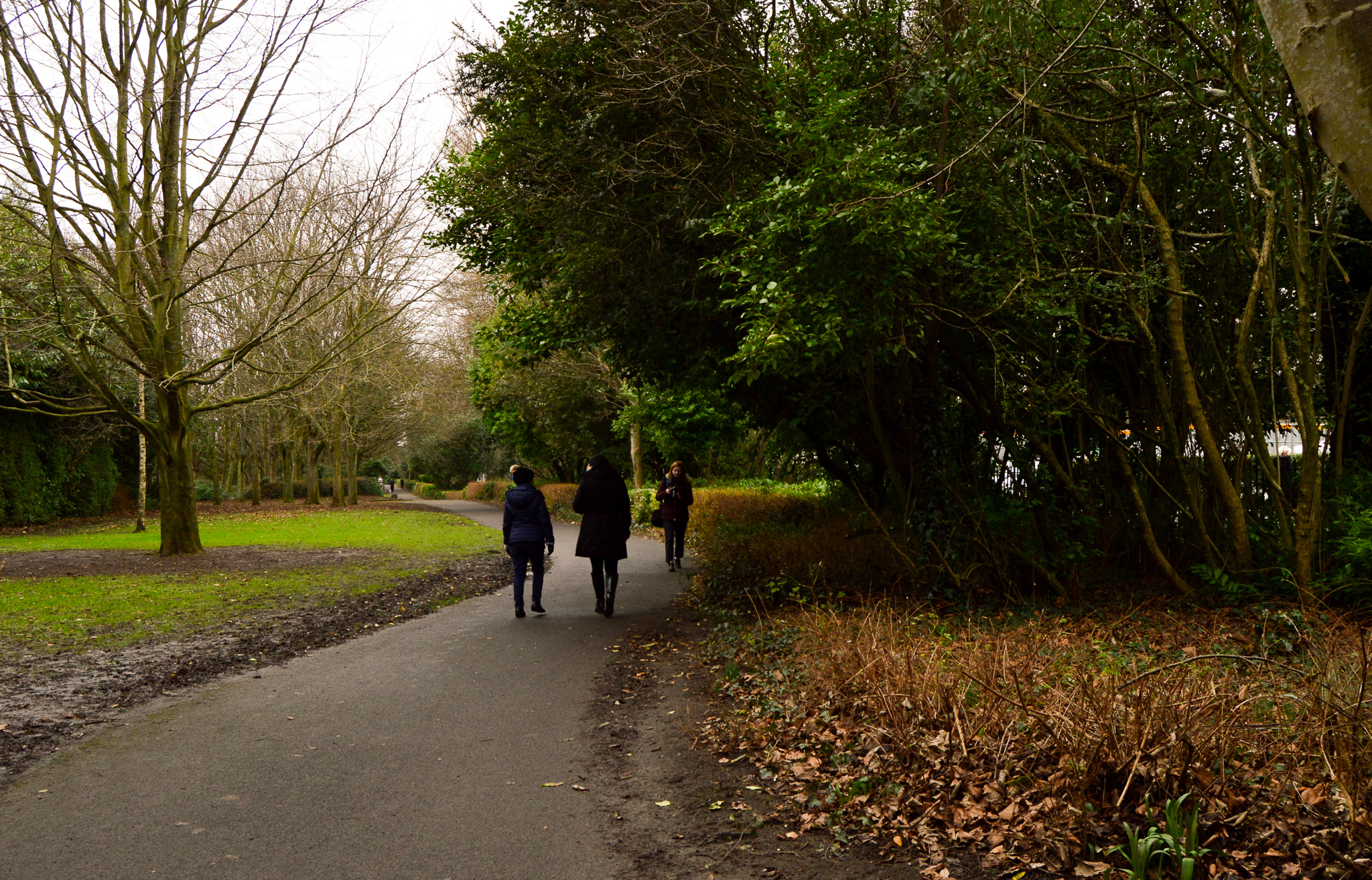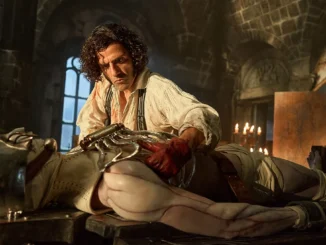
[dropcap]The[/dropcap] passing of Martin McGuinness marks the beginning of a new era of politics in Northern Ireland. The leaders of the North’s major parties are no longer any of the chief actors from The Troubles.
McGuinness remains a controversial figure, even in death. He was praised by many for his efforts in ensuring peace since the Good Friday Agreement, and condemned by many others for his past as a senior figure in the IRA.
Sinn Féin has long been maligned by its association with radical nationalism. One wonders if the loss of McGuinness will begin to dissipate this association.
As the horrors of The Troubles slip slowly from the consciousness of a generation who did not suffer through them, the decades of violence may no longer be major motivators come polling day.
It is not necessarily sectarianism that results in young people choosing a side of the political divide. It is often other issues, social and economic, that influence the newest generation of the politically conscious.
The Irish Times ran a piece in January of last year where they interviewed a group of politically minded northern residents about to turn eighteen.
One unifier was the disconnect all felt from the reality of The Troubles. Another was the desire for equality in all its forms being a strong motivator for the majority of them.
Sinn Féin now align themselves with progressive policies favoured by young voters, such as marriage equality and transgender rights. Young people seeking to bring about these social changes are thus more likely to be inclined to support those seeking a united island.
Unionism faces struggles due to unpopular causes supported by its proponents. The DUP’s support of Brexit, for example, has damaged its standing among young people.
This new divide is illustrated further by the two parties leaders. As neither played pivotal roles in The Troubles, it is their policies by which they are ultimately judged.
DUP leader Arlene Foster is famous for her involvement in the ‘Cash for Ash’ scandal. Sinn Féin’s northern leader Michelle O’Neill, by contrast, ended the lifetime ban on gay blood donors during her tenure as Minister of Health.
The result of the most recent election showed that the political tides are shifting. The DUP held onto their majority by the slimmest of margins.
The combined seats won by the nationalist parties Sinn Féin and SDLP are slightly more than those won by the unionist parties DUP and UUP. Nationalism in Northern Ireland is no longer a minority opinion.
The Good Friday Agreement is almost twenty years old. Perhaps it is no wonder that such a long stretch of peace would cause a disconnect from the violent past.
Yet the road ahead remains contentious. The breakdown in power-sharing talks threw Northern Ireland into renewed uncertainty.
The future may well be a difficult and an uncertain road. The only guarantee is that the next generation of nationalists and unionists will be the one’s leading the way, rather than the old leaders of the past.
Bríon Hoban



